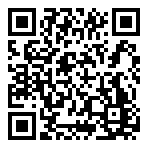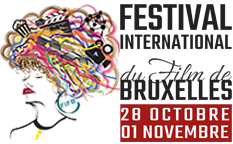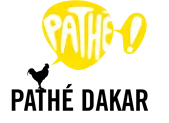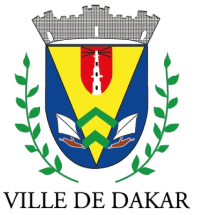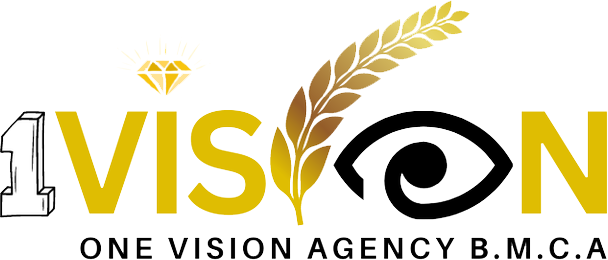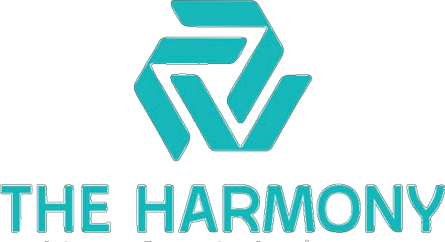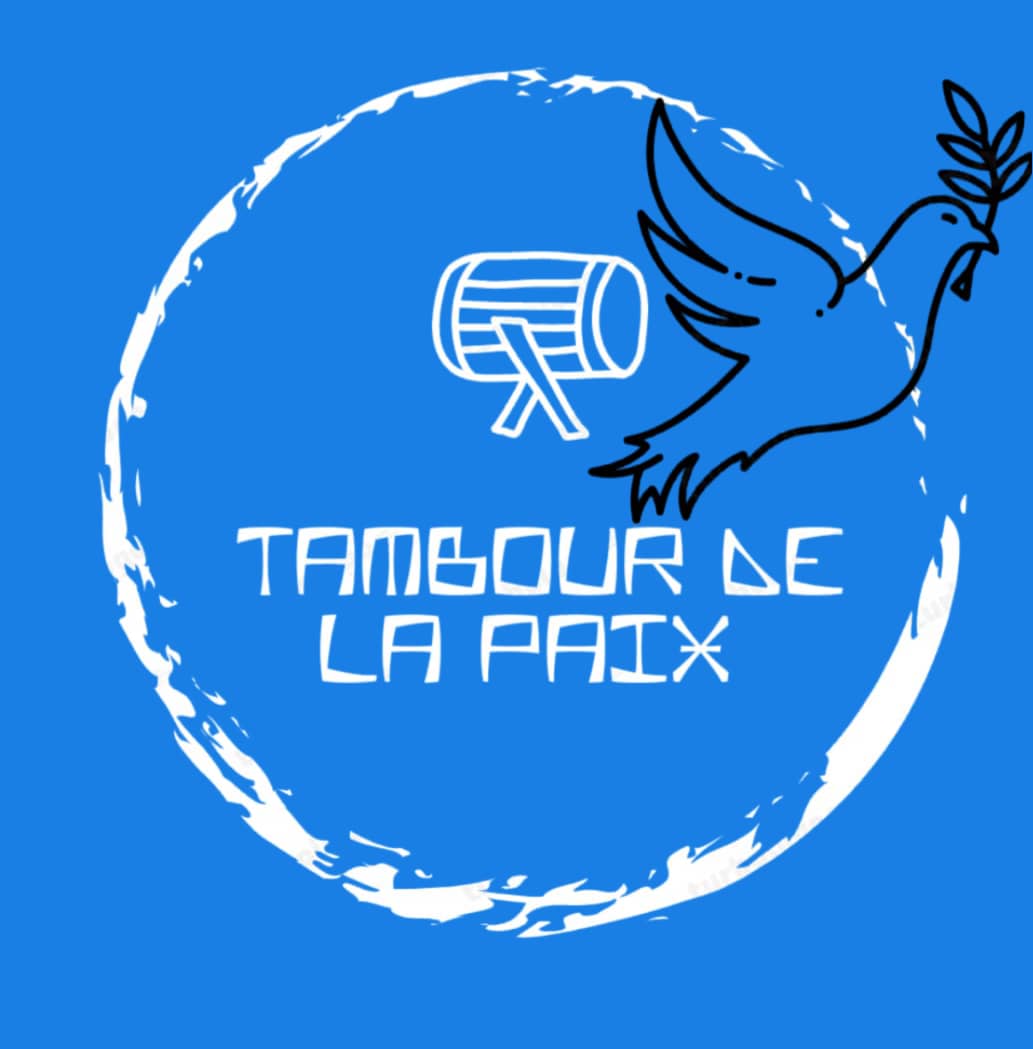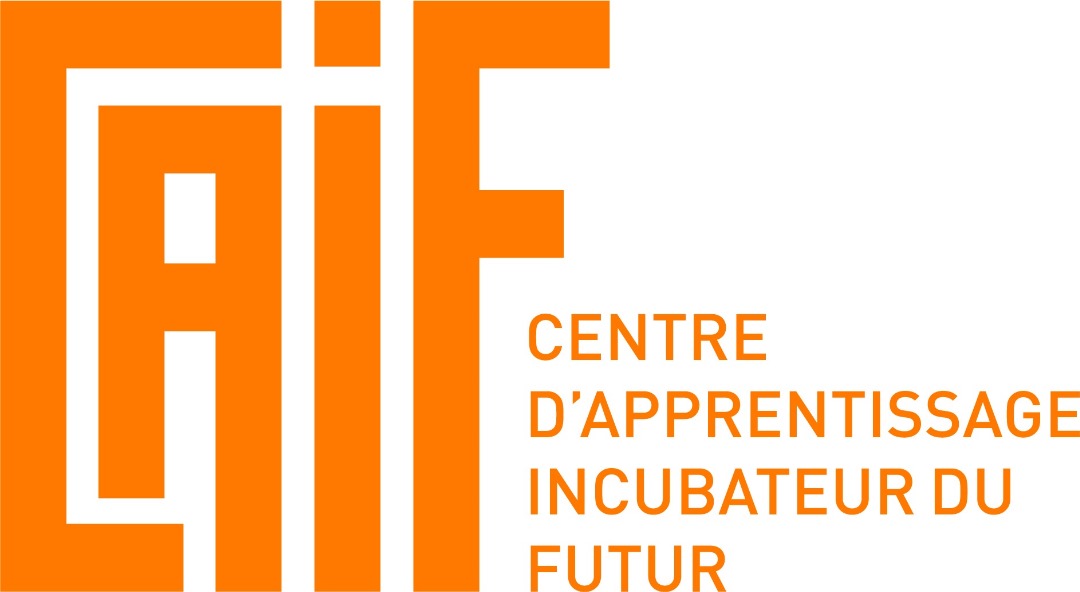Artificial Intelligence: Revolution or Threat?
Date
- Expired!
Time
- 17:30 - 18:30
Location
Pathé Dakar
- PG6F+RP Dakar, Senegal
-
Website
http://www.pathe.sn
Artificial Intelligence: Revolution or Threat?
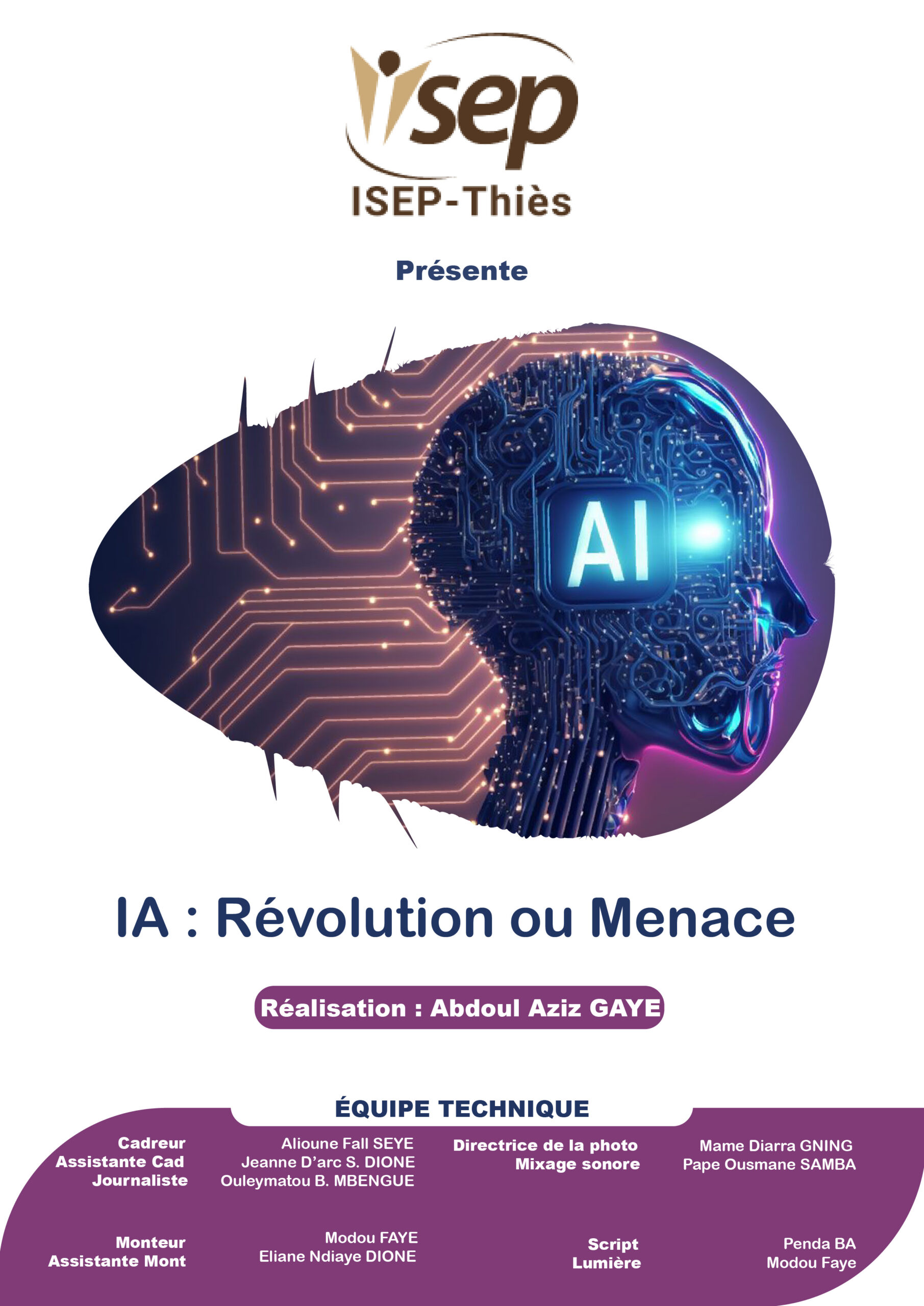
Synopsis
Before the advent of artificial intelligence, tasks requiring complex thinking, analysis and decision-making were mainly performed by humans. Artificial intelligence was created in 1950 and became a field of computer science focused on creating tasks generally requiring human intelligence. The AI program began to develop worldwide in 1956 by several countries, including the USA, the UK, Japan and China.
In its early days, AI was mainly focused on solving logical problems (planning, optimization, etc.) and manipulating symbols (language translation, document analysis and extraction of relevant information). However, with the advent of machine learning and neural networks, AI has undergone a major revolution, enabling machines to learn from data and make autonomous decisions.
The field of AI has brought many benefits and advances to society, such as improved health (advanced medical scanners) and increased productivity and efficiency, particularly in education (creation of personalized e-learning platforms such as Final Draft, Celtx) and film production (robot cameras and special effects). However, AI also has many drawbacks, such as job loss, lack of control and accountability. It is also influenced by factors such as social demand, societal transformation and economic impact.
We also address the ethical and social issues raised by this technology, taking a close look at its advantages and disadvantages.
